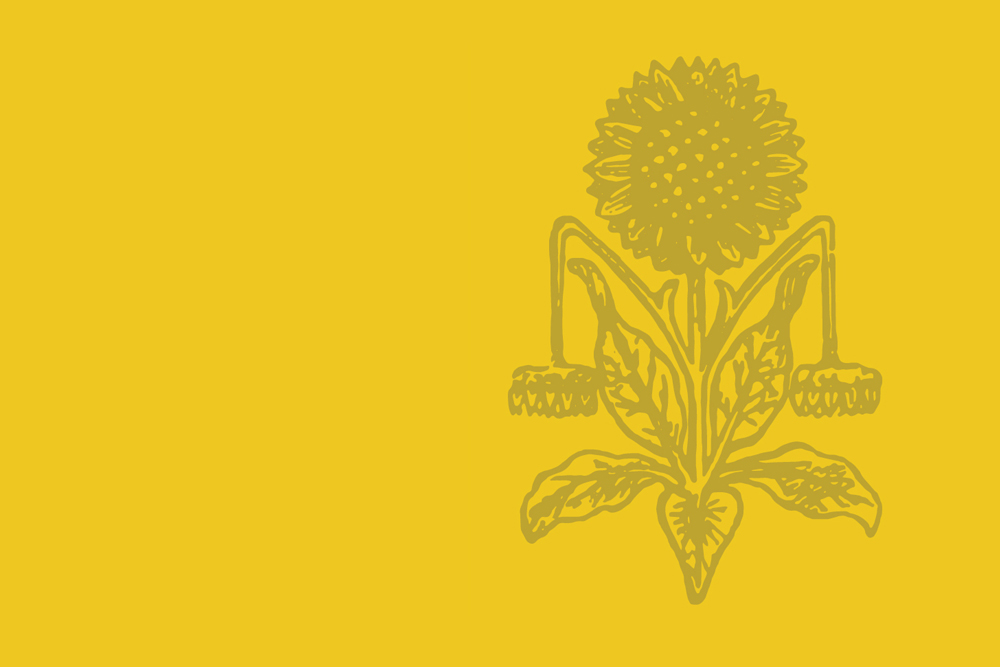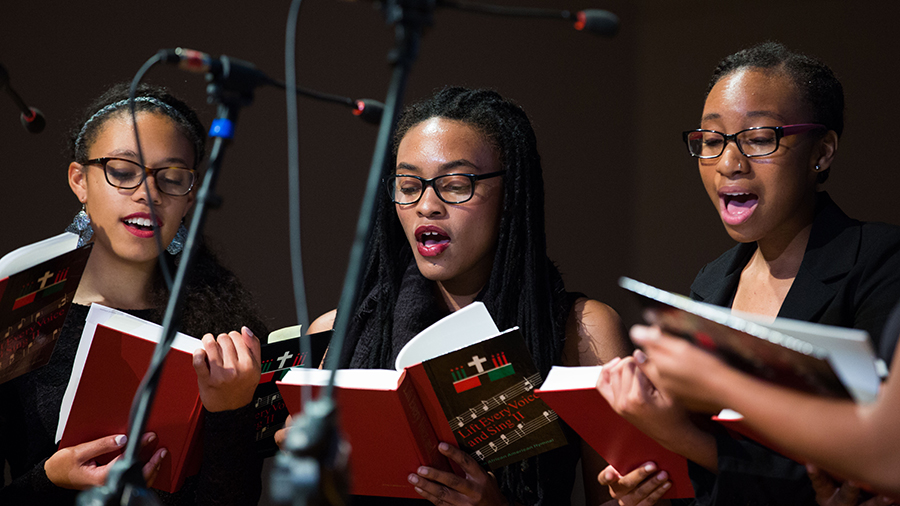Adrie Rose AC

“At the community garden, I talk to a friend about how our European ancestors gave up their lineage to become white.”
I cut sunflowers
as my mother taught me
not by telling me just
me watching her, always,
and under the table listening
to the grown ups talk
when they thought I wasn’t there.
You sever the bloom
from the main artery
and then you take off every
leaf. To keep it seeming alive
the longest.
Artist Q&A
First, I want to say that as a white person, I really felt unsure about sending in work that spoke to how the system of white supremacy is passed down generationally, because I don’t want to take attention away from the critical focus on anti-black racism. I finally sent it in because I think understanding white supremacy is critical to dismantling it, and I decided to trust the committee to decide if this poem was appropriate to include or not.
When you mention (European) ancestors who gave up their lineage to become white, what do you mean? What were these ancestors’ histories?
Most of my ancestors came from Ireland, Scotland, and France. Irish people are one of the groups that weren’t originally considered “white” when they came to the US, when race was still being created as a social and legal construct. Over time, and through the legal system, whiteness expanded to include more European-descended groups and those groups faced the decision of giving up their own identities and cultures and becoming (ever more) complicit in anti-black racism, in exchange for the very real legal and financial benefits to being white in the US. I am still learning a lot and am grateful for expanding my understanding how this cultural void of whiteness creates issues like cultural appropriation, because people are desperately disconnected from their own histories and practices. I’m trying to listen to the calls of BIPOC who are asking white people to understand their own lineages and what conditions their ancestors faced that led them to choose to participate in white supremacy, in addition to how it functions today.
You talk about the community garden. Do gardens serve a special function in preserving community ties?
I think community gardens are a beautiful living heart of communities, or certainly have the potential to be. During the past nine months, for instance, there were many months when the community garden was the only place I saw people other than my two children. Gardens offer us the opportunities to get our hands in the earth, remember our primal knowledge and skills, and share them.
